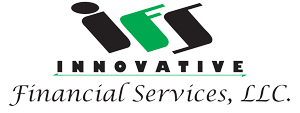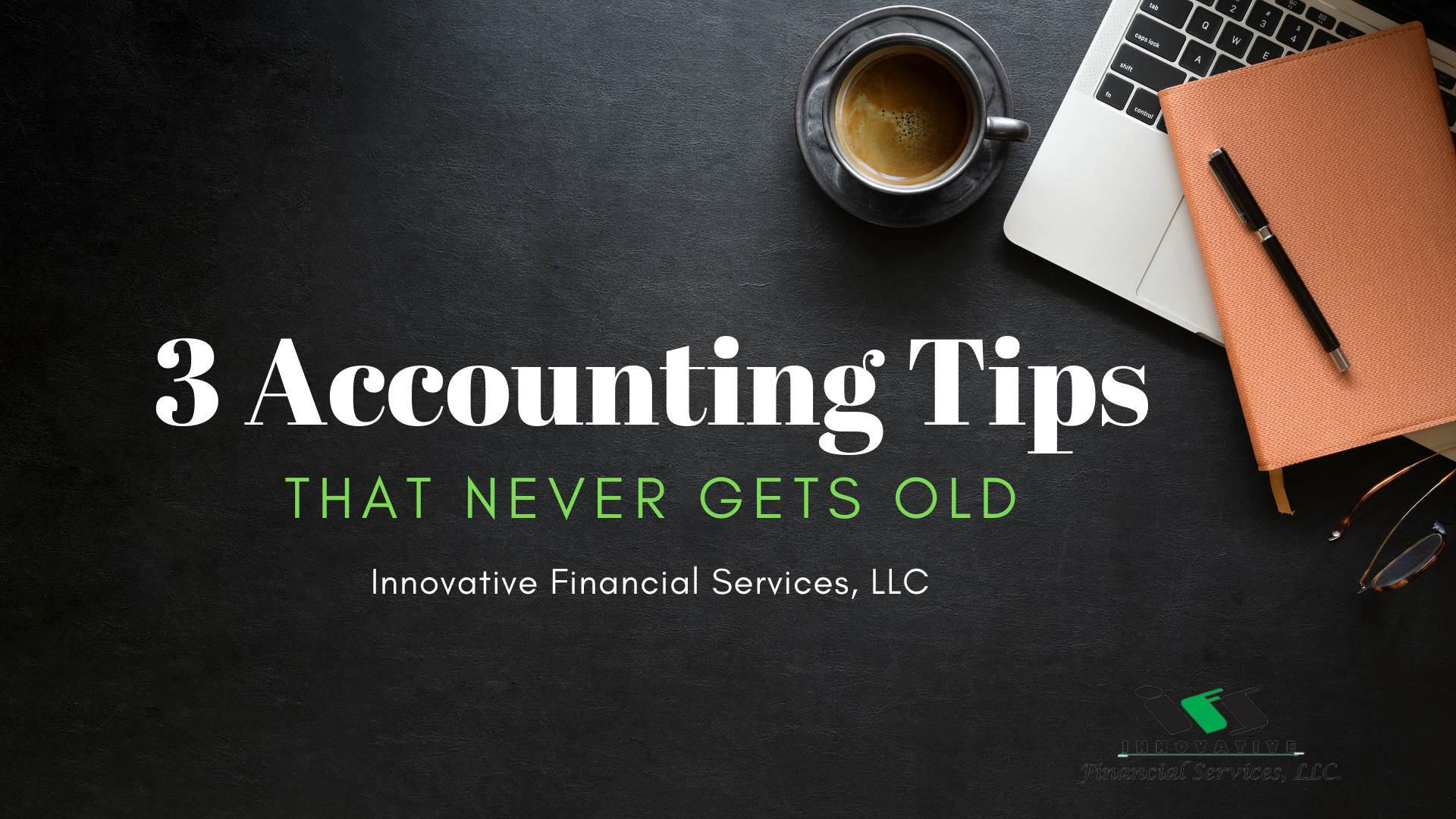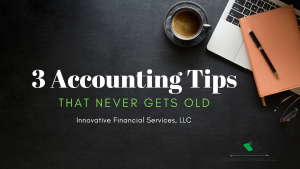There you are, one minute happily minding your own (small) business, and WHAM, before you know what hits you, an IRS auditor is pounding on your door, your best employee quits and took along 40,000 of your dollars, and you have no idea what you’ve spent or why! Don’t want this to happen to you? Spare yourself audit agony, endless embezzlement, or missing money by adhering to these Three Accounting Tips That Never Gets Old!
- Separate Your Finances from the Business’s. It’s just you in your business. You’re not even incorporated. Why bother with a separate account? Well, simply put, if you don’t, you’re going to have a much harder time proving to the IRS auditor that your business is a business and not just a tax shelter for income earned elsewhere or under the table. Get a separate checking account for the business. Once you’ve got that separate account for your business, do not use your personal account for business expenses and do not (Absolutely NOT) use your business account for personal expenses. This is easier said than done. A good way to help with this is to get a business debit card from your bank. This card will allow you to make your business purchases at most places you conduct business. Carry you business debit card with you in your wallet so that you don’t discover as you are standing in Staples with an hour’s worth of supplies in your cart, that you’ve left it home ( but be careful to only use it for business expenses–even if that means having two separate transactions at the register when you check out). Your accountant or professional bookkeeper can help you determine whether an expense is a business or personal expense. Call Innovative Financial Services, LLC at 860-241-9474 if you need help with your transactions.
- Keep a close eye on your business wallet. You have wonderful employees; you’d trust them with your life. That’s nice but keep a close eye on your business wallet. Even the nicest, most trustworthy employee may be tempted if the circumstances in his or her life are not going right. The best advice is to put some checks-and-balances into play to protect yourself. For instance, Never sign a blank check, know who does what–put it in writing and make it corporate writing, verify the amounts and reasons for all transfers and transactions between bank accounts.
- Save Papers, Save Yourself. The rule on business paper is, basically, save them–particularly the ones that show income and expenses. How long? Currently, the IRS has 3 years from the due date of your return to audit or challenge your return. In general, therefore, you should retain your paperwork for at least 4 years. Except….(you knew this one was coming, didn’t you?) for capital asset records, tax returns, forms 8606, and worksheets, lists, supplementary records, and scrap paper used to prepare your tax returns. You probably want to keep those indefinitely. If you’re worried about space or storage, try using document storage system like SmartVault. SmartVault is one of the smartest ways to securely store, manage and share files online! If you need help getting on the right course, don’t hesitate to contact us!


